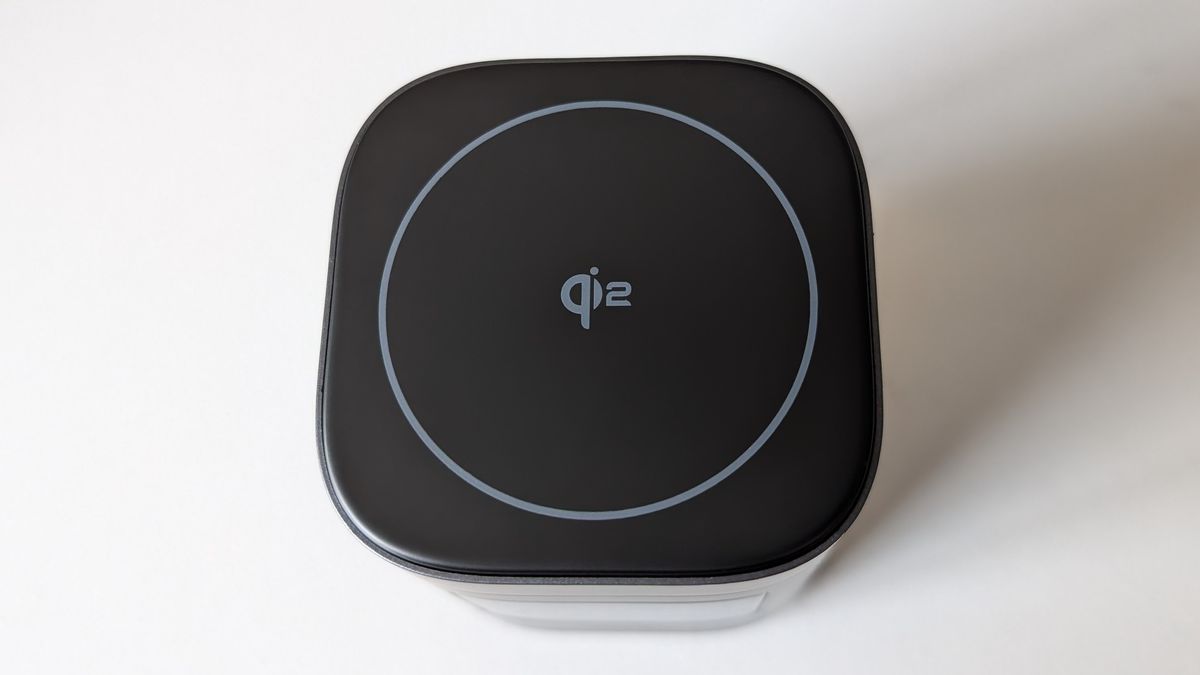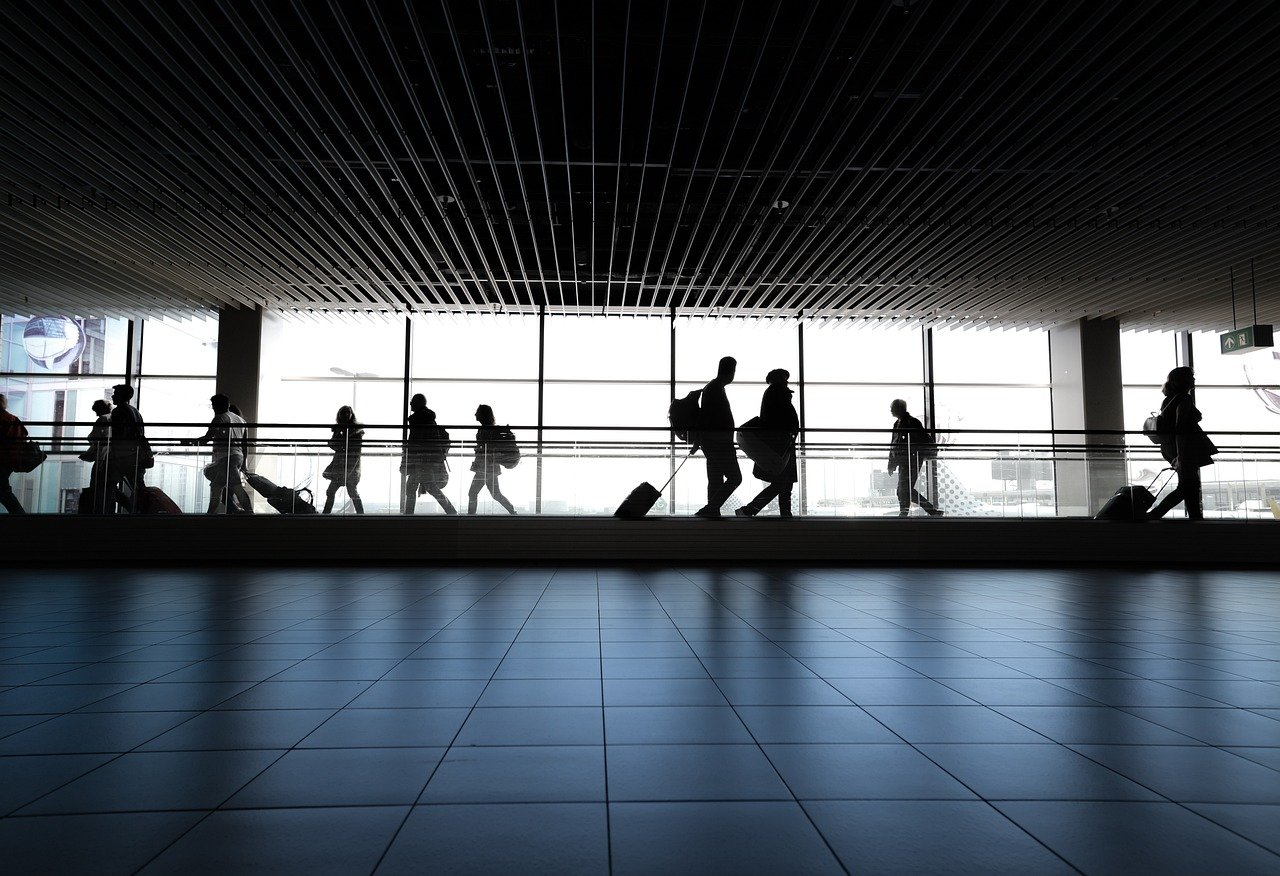Hundreds of pro-coup protesters demonstrated in front of a French army base in Niger’s capital, Niamey, on Friday, as West Africa’s regional body made moves toward a possible military intervention to restore civilian rule.
ECOWAS — the Economic Community of West African States — ordered the activation of a standby force on Thursday, two weeks after generals ousted President Mohamed Bazoum in the seventh coup in West and Central Africa in three years.
The proposed mission has raised the spectre of deepening conflict in a strategically important region where Western powers have lost sway during the spate of coups and where Russian influence appears to be on the rise.
A lot of anger is being targeted at former colonial power France, whose forces have been kicked out of neighbouring Mali and Burkina Faso following coups there, and whose presence in Niger is under threat. In the days after the coup, protesters attacked the French Embassy.
Friday’s protest appeared peaceful, but the message was clear.
“Long live Russia,” one protester’s sign read. “Down with France…. Down with ECOWAS.”

Since the July 26 coup, many Nigeriens have turned up at junta-organized rallies to show support for the generals, criticizing Western powers and lauding Russia — mirroring street scenes in Mali and Burkina Faso after coups there between 2020 and 2022.
“I am here to request the departure of the French forces,” protester Salamatou Hima said on Friday. “We are free, and we have the right to demand what is beneficial for our country.”
Standby force
West African nations, meanwhile, began preparations to commit troops for possible action to reverse the coup, with regional army chiefs set to meet in the coming days.
It was not yet clear how long the standby force would take to assemble, how big it would be and if it will actually invade.
Russia’s Foreign Affairs Ministry said it supported the ECOWAS efforts to mediate but warned against any military intervention.
“We believe that any military attempt to resolve the crisis in Niger could lead to a protracted confrontation in this African country, as well as to a sharp destabilization of the situation in the Sahara-Sahel region,” it said in a statement.
ECOWAS said all options were on the table and that it still hoped for a peaceful resolution to the Niger crisis.
Security analysts said an ECOWAS force could take weeks or longer to assemble, potentially leaving room for negotiations.
West African leaders say military action is not off the table in trying to bring Niger’s president, Mohamed Bazoum, back to power. But coup leaders are defiant while support for the coup remains high in the capital.
Ivory Coast is the only country so far to specify how many troops it would send. President Alassane Ouattara on Thursday promised a battalion of 850.
Benin and Sierra Leone said on Friday they would contribute troops but did not say how many. Senegal said last week it would contribute troops if there were an intervention.
Most other ECOWAS countries — including regional heavyweight Nigeria, which holds its rotating presidency — have so far declined to comment.

Gambia and Liberia told Reuters on Friday they had not yet made a decision.
Military governments in neighbouring Mali and Burkina Faso, both ECOWAS members, have said they will defend the junta in Niger.
The military leaders have yet to react to the decision by ECOWAS, although they have rebuffed repeated calls for dialogue by the international community and named a new government hours before Thursday’s ECOWAS summit.
An internal political movement set up in opposition to the coup sided with the military response from ECOWAS on Friday and said it would be available to help.
France said it fully backed all of the conclusions of the ECOWAS summit, but it stayed clear of outlining any concrete support it could give to a potential intervention.
‘Inhuman and cruel’ detention
Meanwhile, the African Union, the European Union, the United States and the United Nations all said they were increasingly worried about Bazoum’s detention conditions.
Volker Turk, the UN’s High Commissioner for Human Rights, on Friday said the conditions were “rapidly deteriorating” and could amount to a violation of international human rights law.
Human Rights Watch said it had spoken to Bazoum this week and that he had told them that his family’s treatment in custody was “inhuman and cruel.”
“My son is sick, has a serious heart condition and needs to see a doctor,” the group quoted Bazoum as saying.
Bazoum’s daughter Zazia Bazoum, who is in France, told Britain’s Guardian newspaper that the junta was keeping him in deplorable conditions to try to pressure him to sign a resignation letter. Reuters could not independently confirm the conditions of his detention.
The coup in uranium-rich Niger, one of the world’s poorest countries but an ally for the West in the fight against Islamist militants in the Sahel region, was triggered by internal politics but has repercussions far beyond its borders.
U.S., French, German and Italian troops are stationed in Niger as part of the fight against local affiliates of al-Qaeda and Islamic State that has killed thousands and displaced millions across the Sahel.






















Discussion about this post